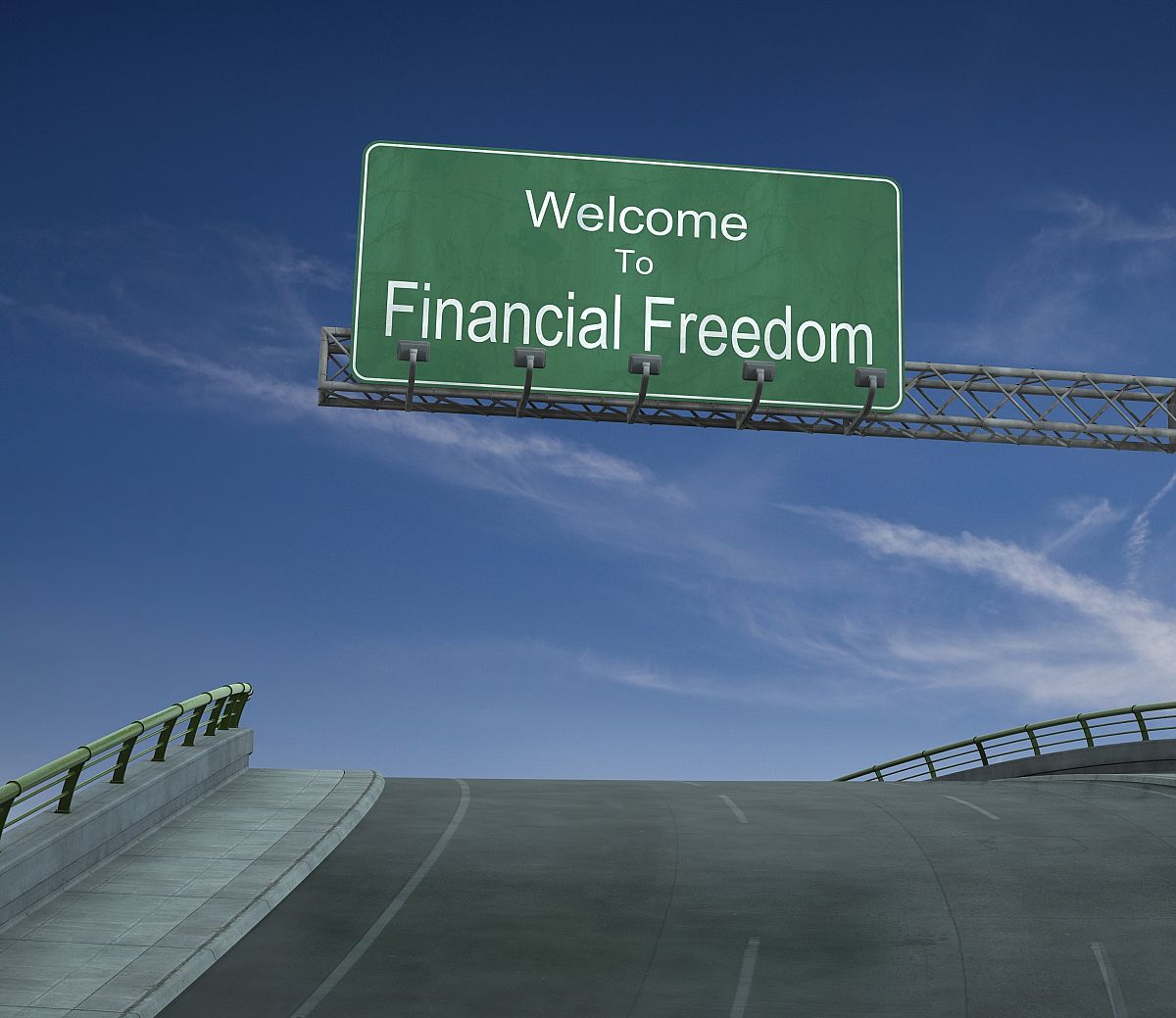What is Bankruptcy?
Filing bankruptcy is a formal process where you meet with a Licensed Insolvency Trustee (“Trustee”) and file papers so that you can be released from any legal obligations to repay most, if not all, of your debts.
The intention of the bankruptcy process is to give people a fresh start and be allow them to move on with their lives without the burden of unmanageable debts.

How will it benefit me?
All collection actions, garnishments, harassing creditor calls stop.
While nobody wants to go bankrupt, for those struggling in deep debt it can be the best thing they can do.
Life happens. It is not uncommon for Canadians to find themselves in a situation with more debt than they can afford. Because of high interest rates and unplanned expenses, once you are in deep debt it can be very difficult to climb out. What’s worse, for many people dealing with financial problems this will often result in emotional stress, health problems and destroy their relationships.
While filing bankruptcy may seem like a scary life event, it’s not nearly as bad as people think. You have already been through the worst of it living with your debt problems before you file.
Bankruptcy is a tool to be used to fix debt problems, so they don’t affect the really important things in your life like your health and relationships with loved ones.
The Bankruptcy Process
What to expect if you file for bankruptcy
How a Licensed Insolvency Trustee helps
Meet with the Trustee
The first step when considering bankruptcy is to meet with us for a free, confidential consultation. In this meeting we will listen and learn about your financial situation, review your options to reset your debt and develop a personalized debt solution that is tailored to meet your needs. We will keep it simple and explain it thoroughly so you can feel confident in your decision.
Reset Your Debt
We do the paperwork to file your bankruptcy with the government. Then we contact your creditors to advise them of the bankruptcy and tell them to deal with us regarding your debt.
Complete the Process
During the bankruptcy period, you will need to complete some duties such as report your monthly income to us and attend two financial counselling sessions with us. Now that your debt payments are eliminated, we will advise you on rebuilding your budget and help you decide what to do with your extra cash.
Get discharged from Bankruptcy
At the end of the bankruptcy period, if you have completed your duties, you will receive a discharge from your bankruptcy. This means it is completed and all your unsecured debts are discharged and reset to zero. You will also receive guidance on how to rebuild your credit rating for future borrowing.

Is Bankruptcy right for me?
Nobody wants to go bankrupt, but the reality is for many Canadians that are struggling with a lot of debt, it is a reasonable and best option to get debt relief and achieve their long-term goals.
If you have a viable alternative that would result in you being able to pay off your debts in a reasonable time period, then you should give this a try and not rush into bankruptcy.
However, if you don’t have a workable solution, then ignoring the problem and sticking your head in the sand is the worst thing you could do. Living with money stress, stuck on a treadmill of paying minimum payments while struggling to buy necessities and meet the needs of your loved ones, is no way to live. We have witnessed people live through years of needless suffering just to try and avoid a short, easy, painless process. The comment we hear the most from our clients after filing bankruptcy is “I wish I had done this sooner”.
So if you are struggling with debt and you don’t know how you are going to be able to pay it off, we encourage you to not delay, it’s only going to get worse. Life is too short to spend it unhappily. Have a free meeting with us to get advice and find out your options. Don’t let fear and perceived stigma stop you from taking responsibility for your finances and making smart financial decisions that are best for you. There is a lot of misinformation out there about how bankruptcy works, so it is worthwhile to invest the time to get the facts from a licensed debt professional.
Studies have shown that for those that have a lot of debt, the ones that choose bankruptcy do better financially than those that don’t. Those that filed got access to more credit and had more financial resources than those who limped along and continued to struggle to pay their debts.
Alternative to Bankruptcy
A consumer proposal is where all the debtor’s unsecured debts are consolidated and reset to a lower total amount that the debtor can afford and the interest rate on these debts is reset to zero. The debtor agrees to a payment plan that is affordable for their budget and the debtor makes just one affordable monthly payment for a set period of time, to a maximum of 5 years. Once the agree upon amount is paid by the debtor, the remaining balance of the debts get reset to zero.
A consumer proposal is a much simpler and less severe process than filing bankruptcy. In a consumer proposal, there are fewer reporting requirements, the debtor doesn’t lose any assets and the debtors credit rating is not as severely impacted. A consumer proposal is an excellent way to avoid filing bankruptcy, but the debtor does need to be able to afford a settlement payment.

Bankruptcy Myths

Here are some of the common untrue myths:
If I file bankruptcy, I will lose all my assets.
Most bankrupts don’t lose any assets.
I’ll never be able to get credit again.
Most bankrupts are able to repair their credit shortly after their discharge.
Everyone will find out.
Bankruptcies are done confidentially and rarely advertised.
I could lose my job.
Bankruptcy should not affect your employment.
It will hurt my spouse.
Filing bankruptcy is personal to you it does not affect your spouse.
Only losers file bankruptcy.
Many successful and wealthy people have filed bankruptcy.
I make too much money to file bankruptcy.
High income people often need to go bankrupt too.
The creditors can fight my bankruptcy.
Creditors cannot stop you from going bankrupt.
You should wait until you are dead broke before you file bankruptcy.
Why wait, end the misery sooner rather than later.
I can’t go bankrupt more than once.
There is no limit to how many times you can go bankrupt.
F.A.Q.
What are you waiting for? WE CAN HELP!
Your first step to a debt free life starts here!
Our debt reset process is easy to understand, easy to apply and easy to complete, which makes it easy to love.
To see if you are eligible for a debt reset couldn’t be simpler:
- Fill out some basic financial information.
- Email it to us.
- Get a free, confidential assessment with Darrin.
